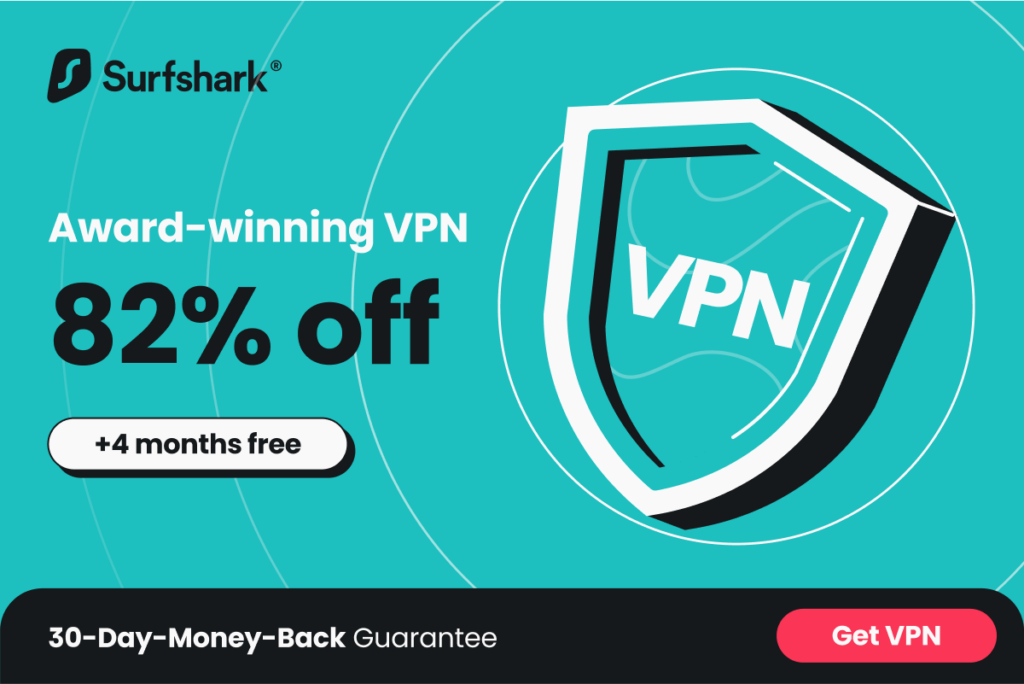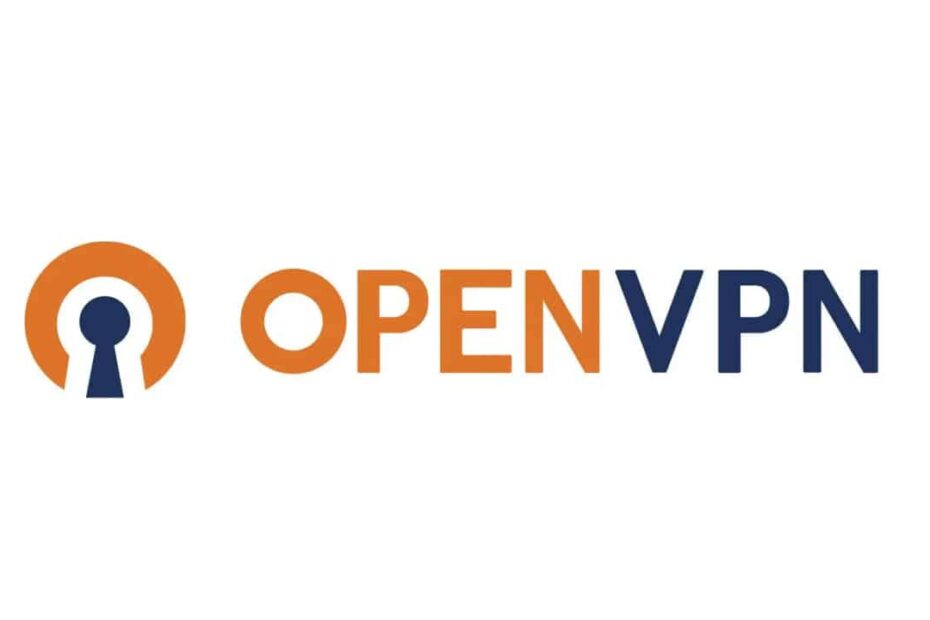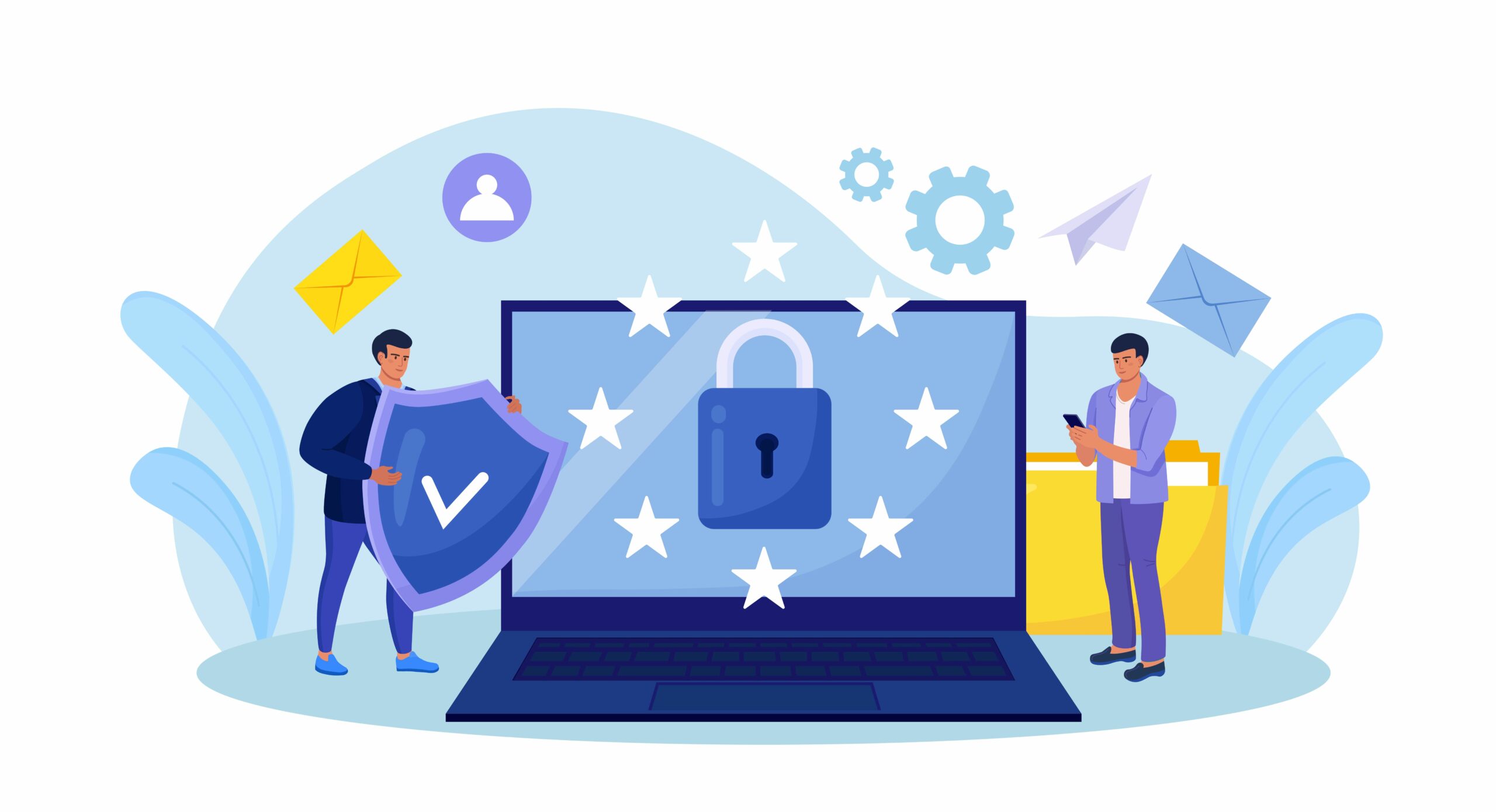When it comes to secure remote access to your data, workstations, and network equipment, a Virtual Private Network (VPN) is the perfect tool. OpenVPN stands out amongst VPN technologies, acclaimed for its superior security, reliability, and extensive community support. Indeed, OpenVPN is one of the most prevalent VPN protocols available, but why is that the case? Let’s delve deeper into what OpenVPN offers, how it outperforms competitors, and its future potential.
Unraveling OpenVPN
The soul of every VPN connection is its VPN protocol – a set of rules that dictate aspects such as secure server connection, data transmission methods, and session termination protocols. Many VPNs support a plethora of protocols, including WireGuard, IKEv2, L2TP, SSTP, and more, but OpenVPN remains the most popular.
Platform support for OpenVPN
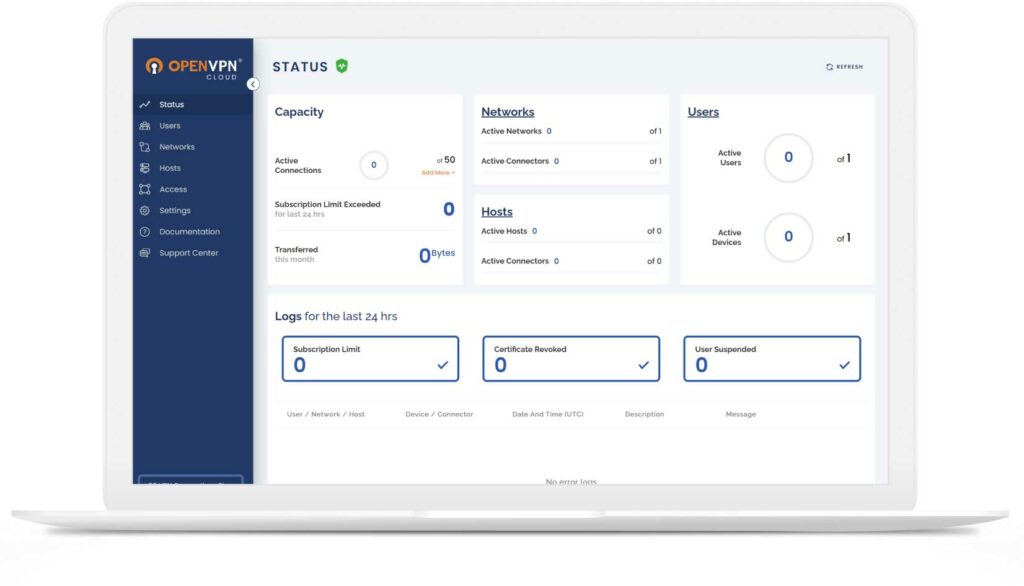
Because OpenVPN is one of the most extensively used VPN protocols, it should be supported on many devices. Indeed, OpenVPN is compatible with almost all operating systems. So far, we’ve covered a lot of platforms, including the major ones:
- Windows
- Linux
- Mac OS
- Linux
- FreeBSD
- OpenBSD
- NetBSD
- Solaris
- QNX
- Maemo
- DD-WRT
- OpenWrt
- ChromeOS
- OPNSense
- pfSense
- Tomato
- PalmOS
Remember that most operating systems do not support OpenVPN out of the box. Therefore, a third-party client must be downloaded and installed in most circumstances.
The Security Aspect of OpenVPN
The level of security OpenVPN affords largely depends on the server administrator’s configuration. It’s worth noting that OpenVPN can be set up in a less secure way using static keys, although public key infrastructure (PKI) is typically more secure. When the administrator places an emphasis on security during setup, OpenVPN becomes an extremely secure choice.
Open-Source: The Key to Security
OpenVPN is completely free and open-source, which means the code is available for anyone to inspect, modify, and distribute for their purposes. This openness also serves as an added layer of security for the VPN protocol, as nothing remains hidden. OpenVPN has faced several audits throughout its existence, and while a few flaws have been found, they were promptly rectified. No backdoors have been discovered, securing OpenVPN’s reputation as one of the most secure VPN protocols.
Modern and Robust Ciphers in OpenVPN
OpenVPN supports robust, contemporary open-source ciphers, the same encryption used by banks to safeguard online transactions. If properly set up, OpenVPN’s strong encryption ensures your online activities remain confidential. Its support for Perfect Forward Secrecy further enhances security and safety.
OpenVPN Encryption
OpenVPN serves as a conduit, connecting computers via a secure encrypted tunnel irrespective of geographical distance. It can create this tunnel using either TCP (Transmission Control Protocol) for maximum reliability or UDP (User Datagram Protocol) for sheer speed, thereby offering versatility unmatched by some competing protocols.
To manage communications, OpenVPN uses SSL/TLS (Secure Sockets Layer/ Transport Layer Security), the same technology that safeguards HTTPS websites. OpenVPN gains multiple benefits from SSL/TLS, such as authenticating the server you’re connecting to, creating and sharing new encryption keys for data protection in the current session, and verifying data integrity.
Flexible and Adaptable Design
One of OpenVPN’s highlights is its flexible design, allowing VPN providers to manipulate the service operation. Providers can modify the encryption methods OpenVPN employs, improving the VPN’s security or performance. Furthermore, OpenVPN supports necessary network standards and allows changes to network settings, such as using a different DNS server.
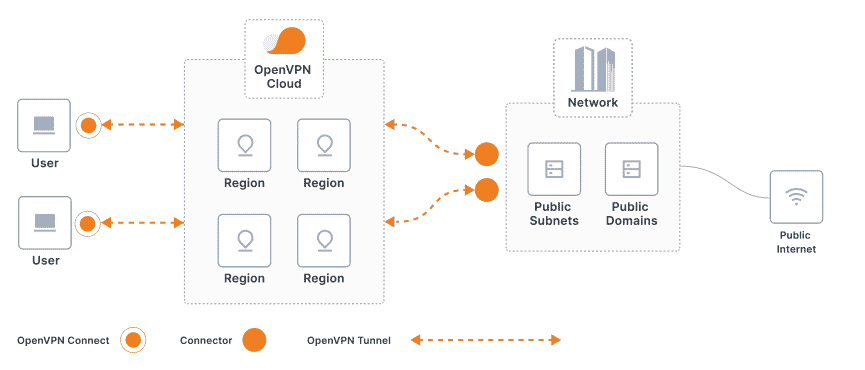
The Advantages of Using OpenVPN
VPN’s reputation as the most secure VPN protocol isn’t its only strong suit. Users of OpenVPN appreciate its:
- Efficiency in bypassing firewalls: OpenVPN’s portability to TCP and UDP facilitates easier penetration through firewalls. This is particularly true when OpenVPN uses TCP port 443, making VPN traffic appear as normal internet traffic.
- High adaptability: This not only enhances OpenVPN’s security but also improves the protocol in other areas. You have comprehensive control over the encryption methods, ciphers, network configurations, and other options that best suit your needs. This granular control can help you extract maximum benefits from your VPN.
- Frequent updates: While other protocols may stagnate, OpenVPN’s dedicated open-source community and proactive management ensure its protocol stays updated. OpenVPN’s support for third-party plugins and scripts means you can take advantage of the protocol’s newest and most innovative add-ons.
- Sufficient speed: Although not the fastest, OpenVPN still offers satisfactory speed, especially given its robust encryption. Its speed is generally good enough for most VPN users’ requirements.
- Free usage: The availability of a free version of OpenVPN allows you to use it without any expenditure. The premium version and VPN subscription services utilizing OpenVPN are typically affordable.
- Open-source community support: Many tech-savvy programmers, VPN providers, and regular users of OpenVPN actively report faults and bugs in the protocol, enabling their quick resolution.
Final Verdict
Thanks to its robust encryption, exceptional flexibility, and open-source code, OpenVPN is currently one of the best VPN protocols. While it delivers fair speed when used with UDP, it can also support almost any network peculiarity. This makes OpenVPN the most flexible VPN protocol available.
Most commercial VPN services offer OpenVPN on their networks. If you’ve ever used a commercial VPN, you’ve likely encountered the OpenVPN protocol. OpenVPN’s widespread usage and its history of multiple security audits and peer reviews ensure it is safe to use. With its extensive security features and flexible design, OpenVPN remains a dependable choice for those seeking secure online connectivity.
